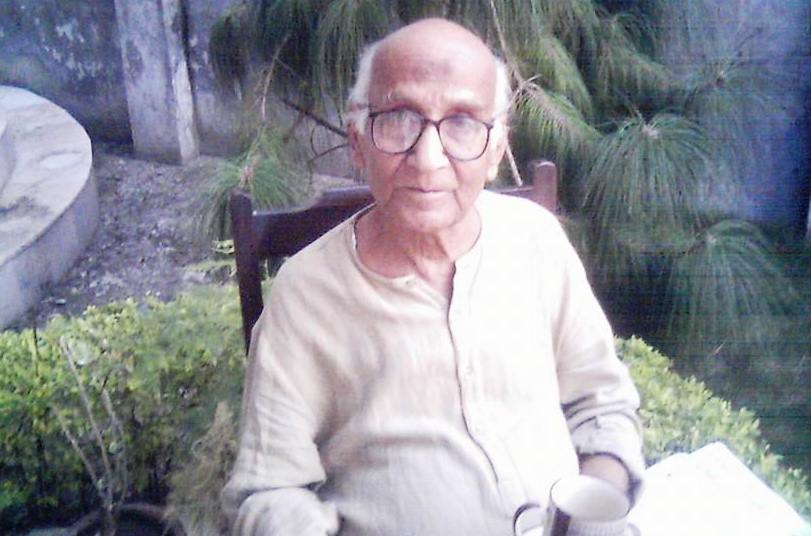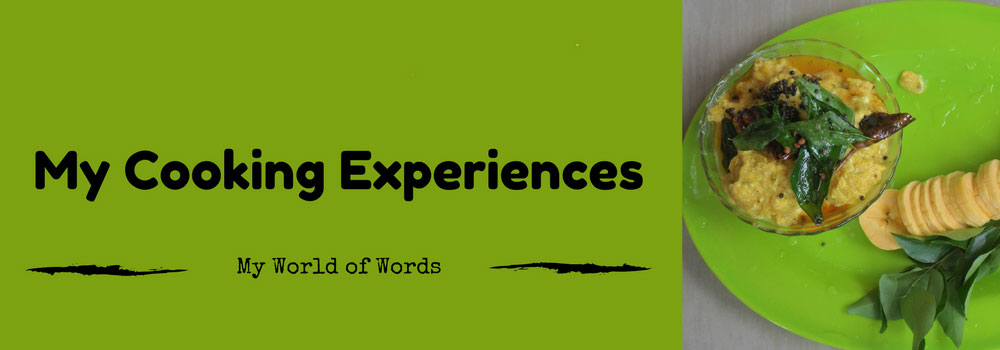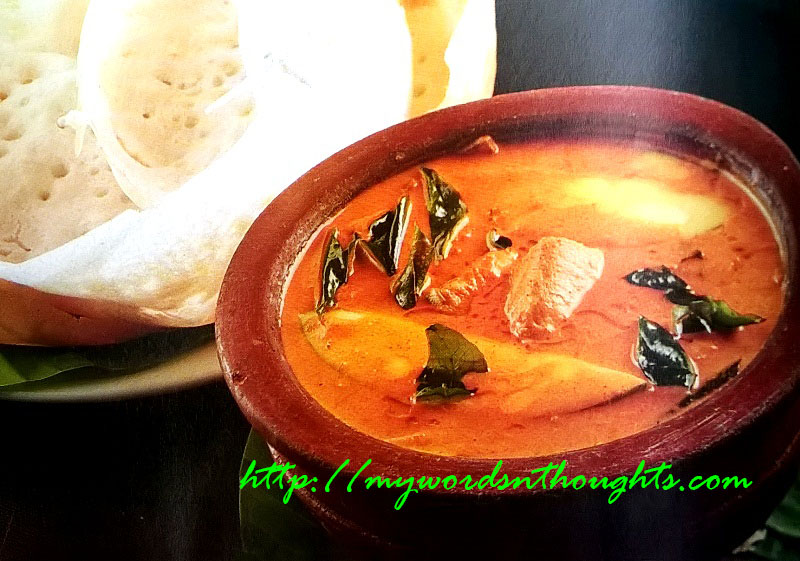Imtiyaz Ali Khan – A painter and art historian belonging to a family of music tradition
Imtiyaz Ali Khan is a painter and art historian from Rampur. He is also known as a Marxist thinker, but born into a musical family associated with Rudra Veena tradition which is dated back to 16th century. He belongs to the royal house of Kishangarh and a descendant of of I. Samokhan Singh, Maharaja of Kishangarh who was also a rudra veena player. Following his defeat to Mughal Emperor Akbar, the remaining members of the family embraced Islam, and they were given the title ‘Khan’ by none other than Akbar. Most of his ancestors (male members of the family) have established their names in the field of music, especially rudra veena, and have also served as the court musicians of Mughal Emperors.

His father Fida Ali Khan was a Tahseeldar in the erstwhile princely state of Rampur while his uncle Wazir Khan followed musical traditions and was a prominent rudra veena player. Imtiyaz Ali Khan embarked on a journey quite different from family tradition. Though associated with art and colours, he also shares Marxist thoughts apart from establishing as a historian. He also served as an editor for a magazine. As an artist he is best known for his works in Mughal Miniatures.
His legacy dates back to I. Samokhan Singh, Maharaja of Kishangarh who died in a battle with Akbar. Samokhan Singh’s grandson Naubat Khan, a musician of rudra veena embraced Islam and accepted the surname ‘Khan’ from Akbar. His real name was Misri Singh and he was a contemporary of great musician Tansen who married his daughter. Naubat Khan’s son remained a court musician of Shah Jahan and he married his cousin (uncle’s daughter/grandaugher of Tansen). Lal Khan Gunsamundra, Khushal Khan Gunsamundra, Naimat Khan (Sadarang), Omrao Khan, Dabir Khan and Ameer Khan Khandara are among his predecessors associated with music and musical instrument Been.
Imtiyaz Ali Khan – Some interesting and less-known facts
1. He is fondly called Master Sahab.
2. His family roots back to a Hindu Royal family associated with music during 16th century who lost its power to Emperor Akbar. The family later converted to Islam, yet remained as musicians.
3. At least 10 generations of his family were performers in music, particularly rudra veena, beginning with King Samokhan Singh who lost battle to Akbar.
4. His family had developed their own dishes influenced by Awadhi cuisine. His family is fond of desserts and has a habit to taste it after every meal.















Recent Comments